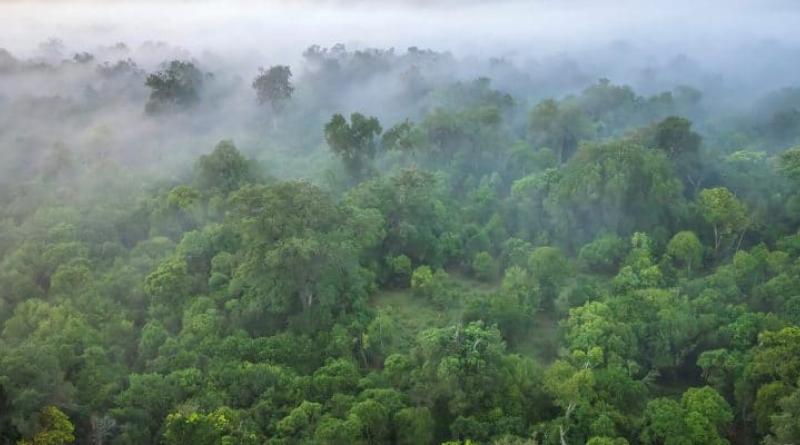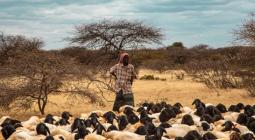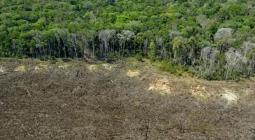AFRICA: FAO proposes three forestry solutions to overcome multiple crises

In the 2022 edition of "The State of the World's Forests", the Food and Agriculture Organization of the United Nations (FAO) defines three forestry solutions and their itineraries, to get the world out of the multiple crises it is facing (Covid-19, conflicts, climate crisis and biodiversity loss). These three solutions have sustainable forest management as a common denominator. An ideal for which many organizations are campaigning in Africa.
On the occasion of the XV World Forestry Congress held from 2 to 6 May 2022 in Seoul, South Korea, the Food and Agriculture Organization of the United Nations (FAO) publishes its report “Forestry Solutions for Green Recovery and Inclusive, Resilient and Sustainable Economies”. The flagship report of the 2022 edition of “The State of the World’s Forests”, the document proposes three forestry solutions; capable of lifting the world out of the multiple crises it is facing (Covid-19, conflicts, climate crisis and biodiversity loss).
The three forest solutions, which are interrelated, are to halt deforestation and preserve forests; restore degraded lands and develop agroforestry; and ensure sustainable use of forests and create green value chains. “The interdependence of global crises has far-reaching economic, social and environmental implications that can only be addressed if they are tackled in their entirety,” says Qu Dongyu, FAO Director-General.
Avoiding the emission of about 3.6 gigatons of CO2 per year
As an expected impact of the first forestry solution, FAO predicts the storage of about 3.6 gigatons of CO2 equivalent per year between 2020 and 2050. This is equivalent to 14% of what is needed until 2030 to keep global warming below 1.5°C, while safeguarding more than half of the Earth’s biodiversity.
FAO’s three forestry solutions combine economic, social and environmental objectives in a “balanced way” to enable the present generation to benefit from the world’s forest resources while preserving those resources to meet the needs of future generations. This approach is in line with the wishes of conservationists based in Africa. On the occasion of the fiftieth edition of World Earth Day on April 22, 2020, environmental advocates called on governments to reverse unsustainable global trends.
Boris Ngounou | https://www.afrik21.africa/






